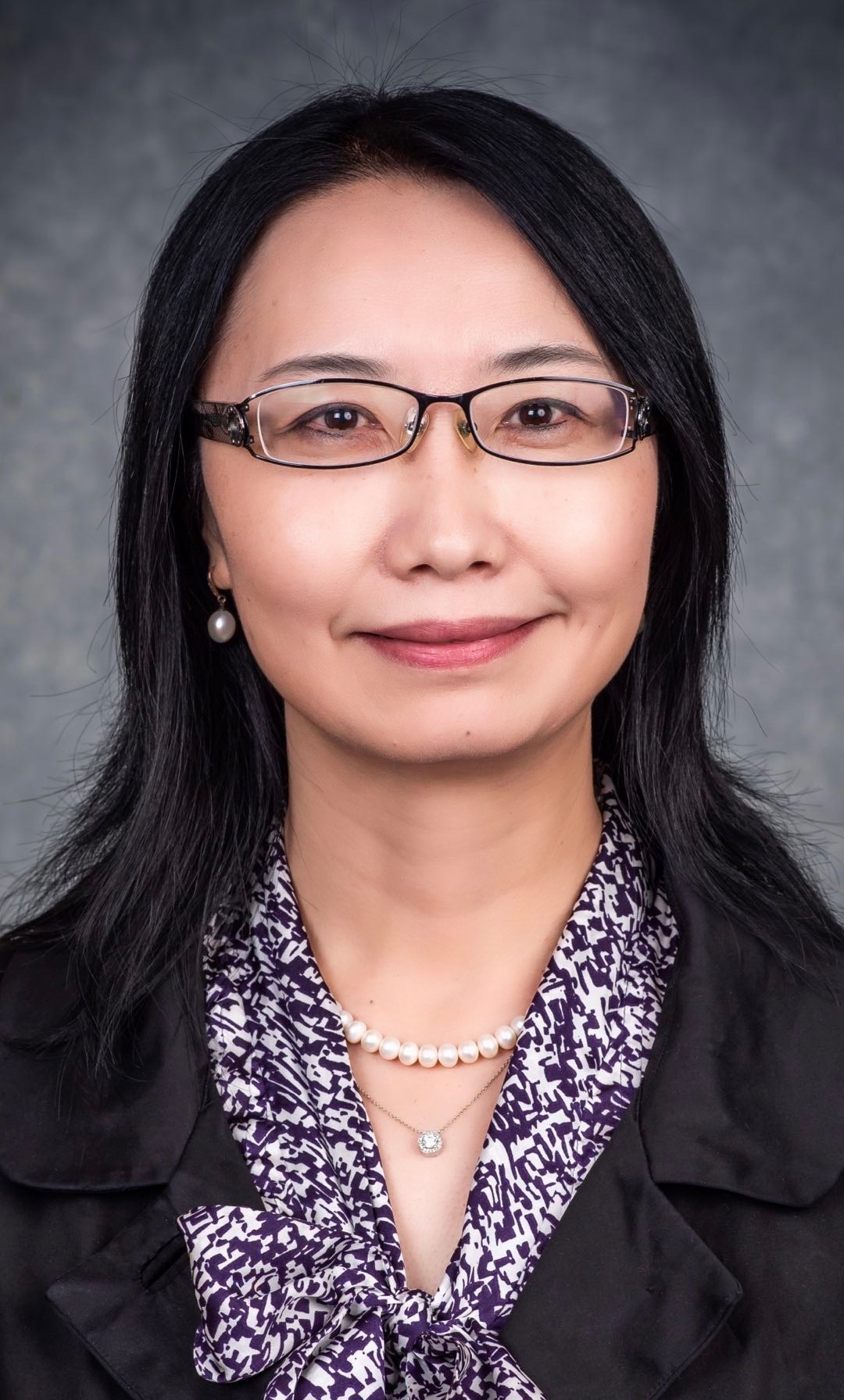
Lunar New Year is an annual celebration that marks a new year according to the lunar calendar. It is one of the most important traditions among East and Southeast Asian cultures, including Chinese, Vietnamese, and Korean communities, among many others.
This year, Chinese Lunar New Year begins Feb. 10, 2024.
To recognize this important celebration, the Office for Diversity and Inclusion sat down with Yabing Chen, Ph.D., professor in the Department of Pathology’s Division of Molecular and Cellular Pathology, to learn what Lunar New Year means to her and her Chinese heritage.
Office for Diversity and Inclusion: How do you celebrate Lunar New Year?
Yabing Chen: In China, the celebration for Chinese Lunar New Year (农历新年), or Spring Festival (春节), spans 15 days from the start of the lunar year (大年初一) to the Lantern Festival (元宵节).
It is a time for family reunions and wishing for fortune, health, and prosperity. Our family, like many in China, begins New Year celebrations with house cleaning, hanging couplets (春联) and the ‘Fu” symbol (福), and shopping for New Year goods.
Highlights of the celebrations include the big feast/family reunion dinner (年夜饭), watching the CCTV Spring Festival Gala (春节联欢晚会), and giving red envelopes (红包) on New Year’s Eve. Although restricted in many cities now due to safety reasons, playing with firecrackers and fireworks after dinner was always fun. The following days are filled with hosting gatherings, paying respect visits, exchanging New Year greetings (拜年), and enjoying Festival Markets with holiday decor, parades, and traditional foods.
Office for Diversity and Inclusion: What does Lunar New Year mean to your culture?
Yabing Chen: In Chinese culture, the Lunar New Year means more than a festive celebration, it embodies tradition of family, culture, and heritage. It is not just a time for family reunions and exchange of blessings, but also a period honoring family roots, paying homage to ancestors, and reinforcing cultural identity and heritage.
Office for Diversity and Inclusion: What is the role of the zodiac animal in Lunar New Year?
Yabing Chen: The Chinese Zodiac, represented by 12 animals (生肖), is a traditional Chinese astrology that symbolizes specific characteristics and its influence on personal fortunes, health, career, and destinies of those born in each animal’s year (本命年). The cycle repeats every 12 years, and each animal becomes the thematic highlight of the New Year’s celebration and culture activities.
2024 is the Year of the Dragon, a symbol of power, strength, and good luck. Those born in the Dragon year are often attributed unique traits like bravery, ambition, charisma, and independence—characteristics of natural leaders.
Office for Diversity and Inclusion: Are there any foods or traditions that stand out to you?
Yabing Chen: During my childhood, we eagerly awaited our New Year’s Eve dinner, a highlight of the celebration. My grandmother and parents would start preparing days in advance. Our traditional family feast included deep-fried meat and vegetable balls (炸丸子), braised beef (红烧牛肉), sweet and sour pork ribs (糖醋排骨), mushroom stewed chicken (香菇 炖鸡), a whole fish (全鱼), spicy stir-fried rice noodle (辣炒米粉), and sweet rice cake with nuts and dry fruits (八宝饭).
Grandmother would also prepare a tray of fresh and dried fruits, candies, and nuts, symbolizing family unity and happiness. We always left the whole fish untouched for the next days, wishing for abundance in the New Year. These cherished dishes have now become an integral part of the Chinese New Year celebration of my own family, a tradition I hope to pass down to future generations.
Office for Diversity and Inclusion: Do you have any fond memories of Lunar New Year?
Yabing Chen: The Chinese Lunar New Year holds tons of memories, especially the atmosphere of family harmony and festive spirit. The cherished moments our family spent together—cleaning, decorating, cooking, sharing stories, laughing, singing, and hosting guests—are invaluable.
A treasured memory from my childhood is eagerly waiting by my grandmother’s sewing machine for the final stitch on my New Year clothes. These precious memories have deepened my connection with my family and culture, particularly during the Lunar New Year celebrations.
Office for Diversity and Inclusion: Is there anything else you want to share with Heersink School of Medicine?
Yabing Chen: We are fortunate to have the support from the Heersink School of Medicine leadership for our diverse faculty, acknowledging their cultural and heritage differences. The Asian American Pacific Islander (AAPI) Faculty Association has become instrumental in advocating for the AAPI faculty members and highlighting their contributions and accomplishments in the HSOM and local communities. Its annual celebration of the Chinese Lunar New Year is a key event, showcasing cultural diversity, connecting AAPI members and other faculty in the HSOM, and fostering integration with local cultures and communities.
Learn more about the AAPI Faculty Association.